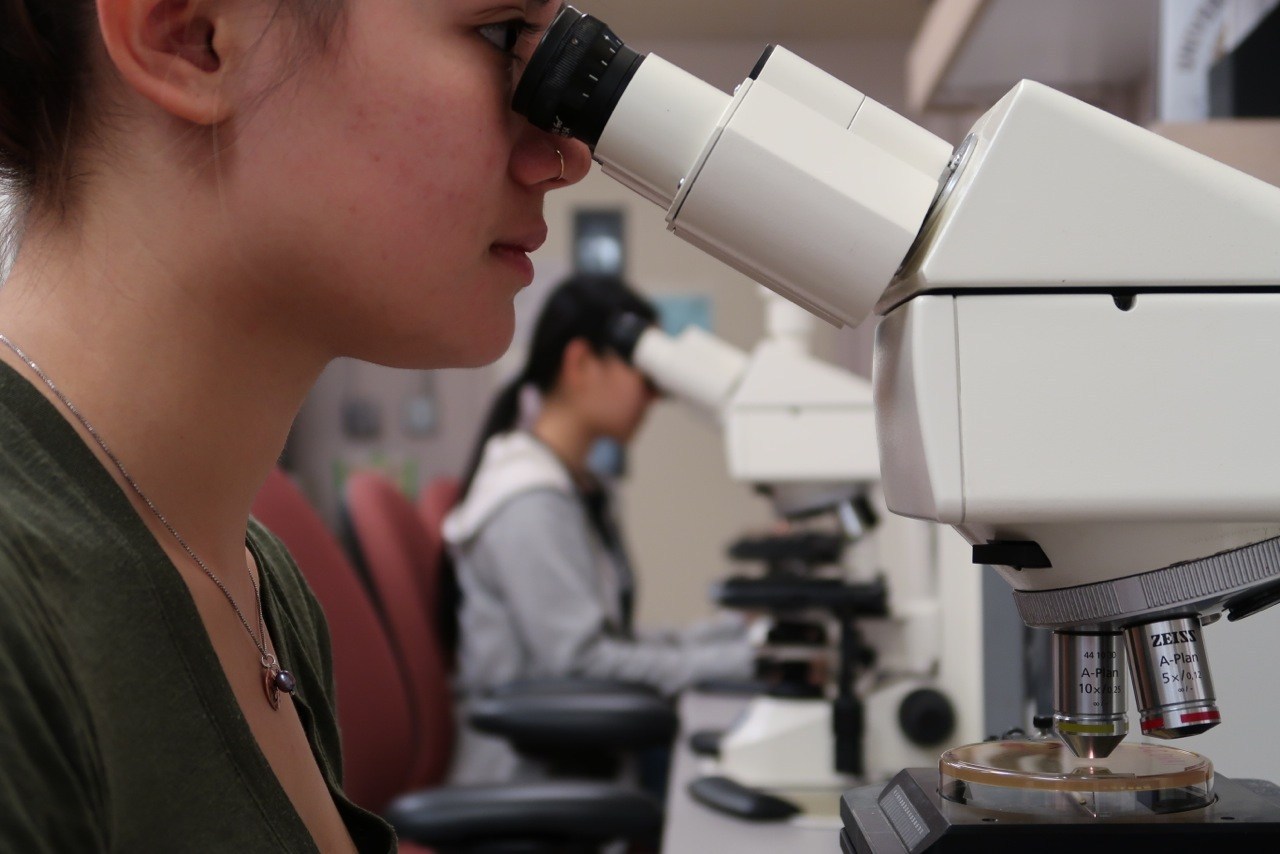Biological Mechanisms of Healthy Aging Training Program
Current Openings:
- One Post-Doctoral Position – Appointment beginning July 16, 2024 (Applications due by May 15, 2024)
Applications may be submitted at any time. If you are interested in applying, please contact the BMHA Administrative Office after reading the program description and requirements below. In order to be considered for a post-doctoral position, you must be eligible for NIH T32 training.
Training Program Description
The goal of the BMHA Training Program is to provide graduate (pre-doctoral) and post-doctoral researchers with rigorous training in contemporary research techniques and approaches focused on biological mechanisms of aging. Trainees are exposed to the breadth of knowledge, concepts, and approaches important in the field, and are trained to critically evaluate their own data as well as that of others. Program Faculty provide our Trainees with the mentoring and skills for career success and to allow them to become future scientific leaders.
The BMHA Training Program only supports trainees performing basic research on the biological mechanisms of aging. This program does not include the training of Medical Residents or Medical Fellowships. We anticipate that almost all post-doctoral trainees will hold a Ph.D. degree. Exceptional individuals with medical or veterinary medicine degree will be considered for support, but only with a demonstrable career objective that incorporates basic research on the biology of aging and commitment to at least two years carrying out full-time basic research.
Before applying, potential BMHA trainees must have identified a mentor from our Training Faculty, as a letter of support from the potential mentor will be required. Faculty who currently participate in the training program are listed here. New faculty can be added if they can sponsor a strong aging-related project. Pre-doctoral students must already be accepted into a University of Washington graduate program.
BMHA trainee appointments are for one year and are renewable contingent on funding and satisfactory progress. Please note that the NIH stipulates that pre-doctoral students are eligible for up to a total of five (5) years support for all Kirschstein-NRSA institutional research training grants and fellowships (T32, T34, T35, F30, F31, F32, and F33). If you have received Prior Kirschstein-NRSA support your eligibility for support on this training grant will be limited to the years remaining to reach the 5 year total. Post-doctoral fellows are limited to three years of support.
Positions open to U.S. citizens and permanent residents only. Other eligibility requirements must be met, please see the application procedures for a full list of eligibility requirements.
In scoring applications, we take into consideration the qualifications of the applicant and the mentoring environment, the relevance of the proposed research to aging biology, and programmatic diversity. Funding is at standard NIH stipend levels.
The University of Washington is an equal opportunity, affirmative action employer
